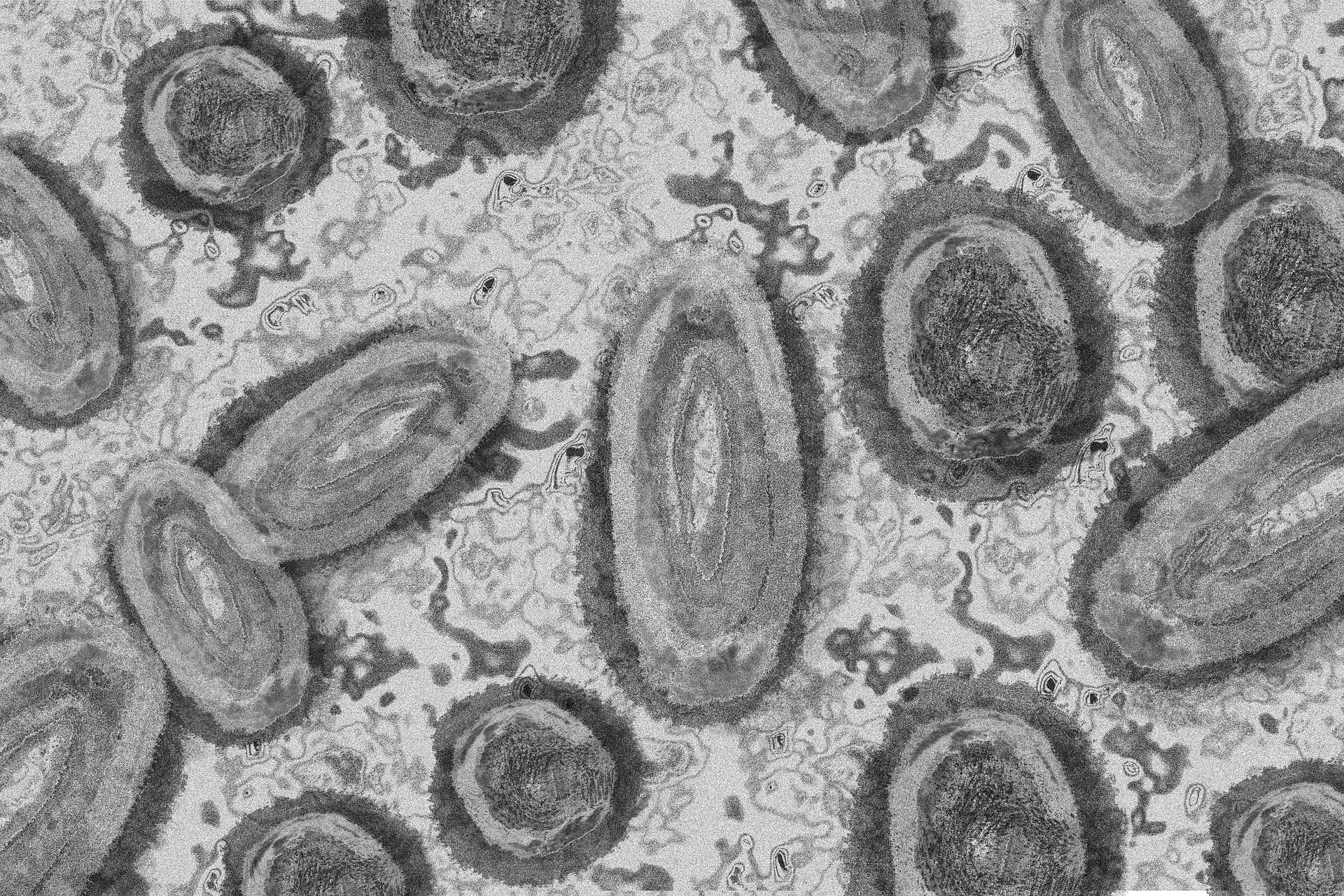Monkeypox - A Pandemic Threat?
Are we facing the next pandemic with monkeypox?
Why is the pathogen suddenly spreading worldwide?
So far, the virus is mainly known from Central and West Africa, the reservoir being rodents, for example squirrels [2]. We humans - just like monkeys - are so-called false hosts that are only infected in rare exceptional cases. The fact that the virus is transmissible from person to person, as we are currently witnessing, has also been known from Africa for a long time. However, chains of infection on this scale are new outside of Africa. The reasons for this are still unclear, but probably have a lot to do with human behaviour. The worldwide spread of the pathogen is very likely a direct consequence of globalisation, which enables infected travellers to carry the virus to far-flung areas very quickly.
Why and how does the smallpox vaccine help against the virus?
Smallpox, one of the world’s most dangerous infectious diseases, has been eradicated since 1979 following a successful worldwide vaccination campaign. Since the smallpox virus and the far less dangerous monkeypox virus are relatively similar, the smallpox vaccine also protects against monkeypox. A newer smallpox and monkeypox vaccine is now available for people born after 1979 who did not receive a regular smallpox vaccine. The new vaccine is based on an attenuated virus and therefore has fewer side effects than the original vaccine.
How can One Health research prevent pandemics in the future?
Humans are penetrating further and further into animal habitats, contact with wild animals and their pathogens is becoming more frequent, the risk of zoonoses, i.e. disease transmission from animals to humans, is increasing. We can only curb this development by considering the health of humans, animals and the environment as one big whole. This is the approach taken by One Health research: it investigates the causes of pandemics and derives measures from them with which we can prevent future pandemics or at least be better prepared for them. For example, by closely monitoring the cases of infection, it is possible to detect local epidemic outbreaks as early as possible and thus prevent the further spread of diseases. To achieve this, previously self-contained areas such as healthcare, agriculture, climate protection and nature conservation must form closer ties, healthcare systems must be strengthened and digital early warning systems established.
Sources
[1] Robert Koch Institut (RKI)
[2] Institut für Virusdiagnostik (IVD)
(c) Fakt der Woche/ Universität Greifswald



